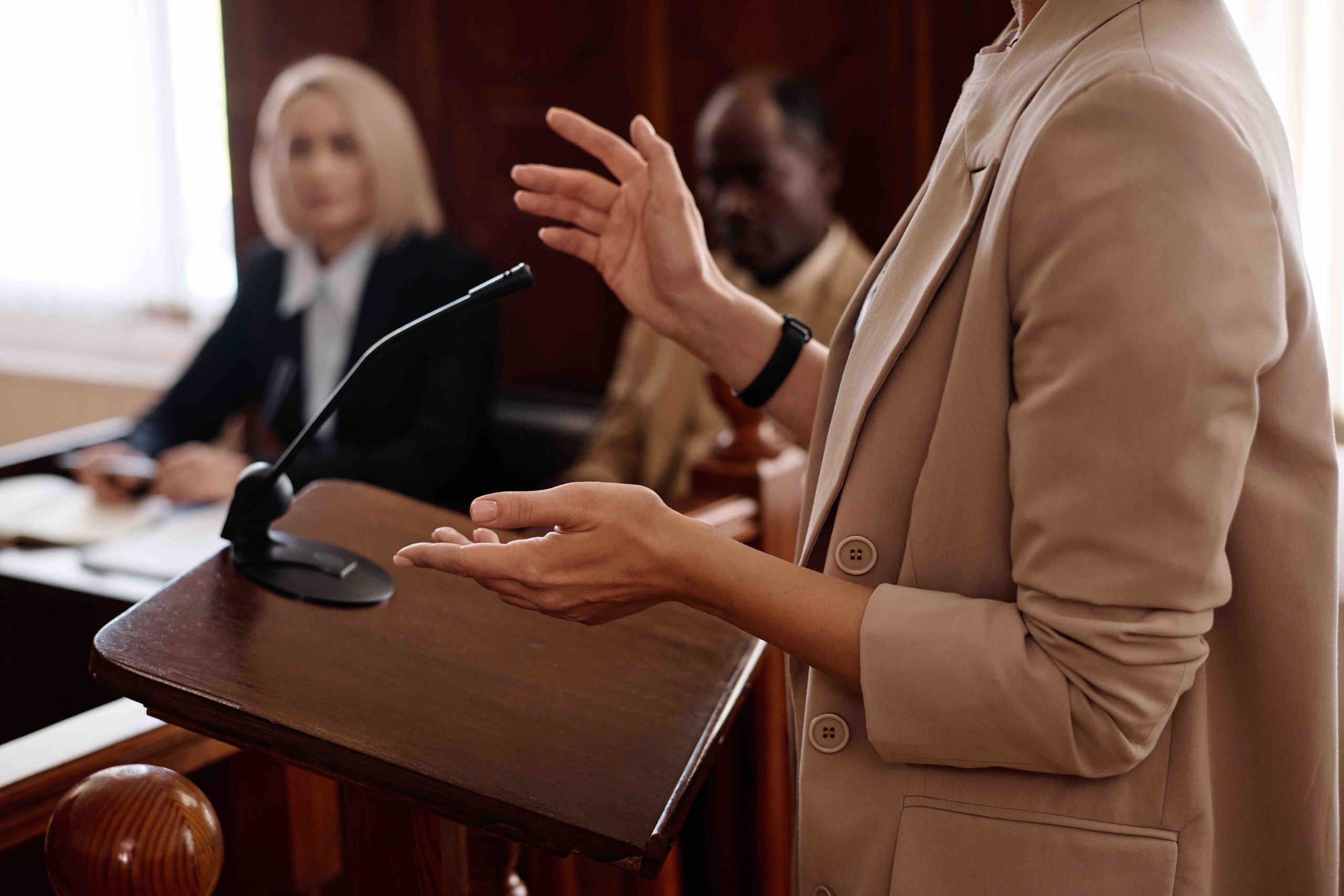
For healthcare professionals involved in medico-legal work—particularly as expert witnesses—it’s important to recognise that not all legal instructions are the same. One of the key distinctions lies in whether the instructions come from claimant or defendant solicitors. While the expert’s duty to the court remains the same regardless of who instructs them, understanding the practical and procedural differences between these two contexts can help clinicians tailor their approach, manage expectations, and provide evidence that is both relevant and robust.
The Shared Legal Ground: Duty to the Court
Before exploring the differences, it’s worth reinforcing the golden rule: expert witnesses owe their duty to the court, not to the party instructing them. This means the expert must remain impartial, provide opinions based on evidence and expertise alone, and not act as an advocate for either side. This duty is enshrined in Part 35 of the Civil Procedure Rules (CPR) and is a cornerstone of all expert work in civil litigation.
With that in mind, the context of the instructions—whether from a claimant or defendant solicitor—can shape the tone, focus, and structure of the expert’s involvement.
Instructions from Claimant Solicitors
Claimant solicitors act on behalf of the individual bringing the claim—usually the person who has sustained an injury or is alleging clinical negligence. When working with claimant solicitors, expert witnesses may notice:
- Early Involvement: Experts are often instructed during the pre-litigation stage to help establish whether a claim has merit and what the likely prognosis might be.
- Detailed Personal Histories: Reports often need to draw heavily on the claimant’s subjective experience, including symptoms, daily function, psychological impact, and long-term needs.
- Supportive Focus: The expert’s evidence may be used to demonstrate the extent of the injury, its impact on quality of life, and the need for rehabilitation or compensation. However, this should not influence impartiality.
- Rehabilitation Coordination: Particularly in complex cases (e.g., involving traumatic brain injury), the expert may play a role in supporting case managers or recommending treatment pathways under the Rehabilitation Code.
Instructions from Defendant Solicitors
Defendant solicitors represent the party alleged to be at fault—such as an NHS trust, private clinician, or insurance company. When instructed by the defence, the expert may observe:
- Later Involvement: Instructions often come once proceedings are underway and a full claim has been disclosed, allowing the expert to work with a clear view of the case being presented.
- Critical Analysis of Claimant’s Evidence: The expert may be asked to provide opinions on causation, consistency, or proportionality—for example, questioning whether reported symptoms align with the mechanism of injury.
- Emphasis on Objectivity: Defence instructions may place more focus on identifying alternative explanations or drawing out inconsistencies—again, always within the bounds of honest, evidence-based opinion.
- Joint Instruction Scenarios: In some cases, especially for single joint experts (SJEs), defendant solicitors may contribute to jointly agreed instructions, with the expert expected to act neutrally in a pre-arranged framework.
Practical Considerations for Experts
Regardless of who instructs the expert, certain best practices remain consistent:
- Maintain transparency about your methodology and reasoning
- Avoid adopting the language or tone of advocacy
- Ensure you’ve been provided with all relevant documentation and background
- Be clear about limitations of your opinion or the available evidence
Understanding the perspective and strategy of the instructing party can help experts anticipate the focus of questioning, potential challenges to their report, or areas where further clarification may be required.
At Medico-Legal Healthcare, we prepare our experts to work confidently and impartially with both claimant and defendant solicitors. We provide training, supervision, and case-by-case guidance to ensure that every report meets the highest standards of clinical and legal integrity. Whether you’re supporting a vulnerable claimant or providing balanced insight for a defence team, our approach ensures that your role as an expert remains clear, ethical, and effective—because great expert work serves the court first, regardless of who makes the referral.


